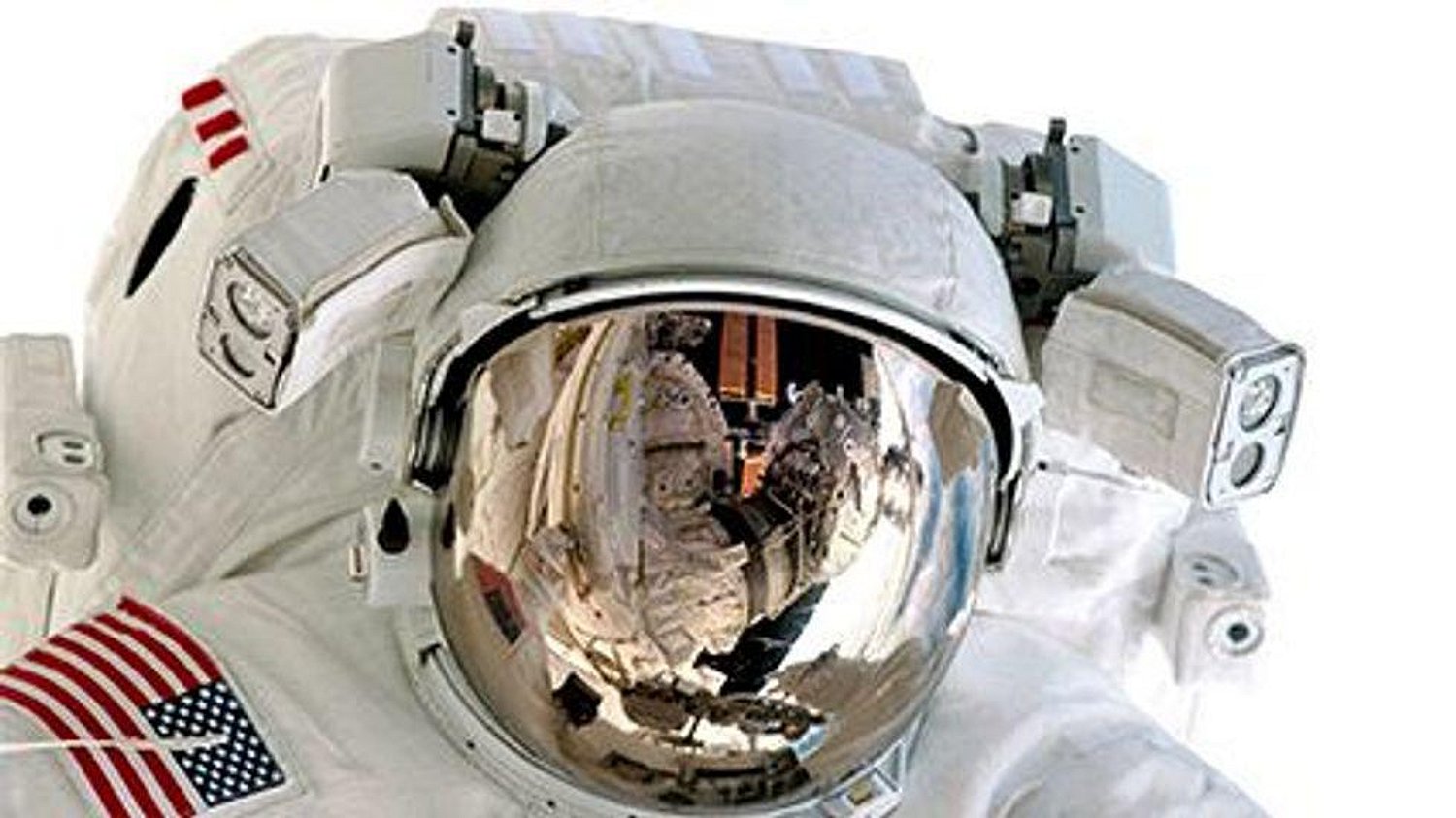Long Bouts of Space Travel May Harm Astronauts’ Brains

MONDAY, Oct. 18, 2021 (HealthDay News) -- Prolonged stays in space appear to damage astronauts' brains, a small, new study suggests.
The researchers studied five Russian cosmonauts, mean age 49, who stayed on the International Space Station (ISS) for an average of 5.5 months.
Blood samples were taken from the cosmonauts 20 days before their departure to the ISS, and one day, one week, and about three weeks after they returned to Earth.
The blood samples were analyzed for five biomarkers of brain damage: neurofilament light (NFL), glial fibrillary acidic protein (GFAP), total tau (T-tau), and two amyloid beta proteins.
Levels of three of the biomarkers — NFL, GFAP and the amyloid beta protein Aβ40 — were significantly higher after the cosmonauts returned from the space station, according to the study published online recently in the journal JAMA Neurology.
"This is the first time that concrete proof of brain-cell damage has been documented in blood tests following space flights. This must be explored further and prevented if space travel is to become more common in the future," said study co-senior author Henrik Zetterberg, a professor of neuroscience at the University of Gothenburg, in Sweden.
"To get there, we must help one another to find out why the damage arises. Is it being weightless, changes in brain fluid, or stressors associated with launch and landing, or is it caused by something else? Here, loads of exciting experimental studies on humans can be done on Earth," he explained in a university news release.
The researchers also found brain changes when they conducted MRI scans of the cosmonauts' brains after their return to Earth, and there were deviations in clinical tests of their brains.
However, the study was too small for a full investigation of the link between those findings and spending a long period of time in space.
The researchers are now discussing follow-up studies.
"If we can sort out what causes the damage, the biomarkers we've developed may help us find out how best to remedy the problem," Zetterberg said.
Previous research has shown that an extended time in space can have harmful physical impacts, including muscle and bone loss, vision problems and changes in gut bacteria.
More information
NASA has more about the human body in space.
SOURCE: University of Gothenburg, news release, Oct. 12, 2021
Related Posts
FDA OKs Drug to Help Immune-Compromised Fend Off COVID
THURSDAY, Dec. 9, 2021 (HealthDay News) -- The U.S. Food and Drug...
Survival High With Lung Transplant for COVID-19-Associated ARDS
MONDAY, Feb. 14, 2022 (HealthDay News) -- Lung transplantation is successful for...
Deep Brain Stimulation Shows Promise Against Binge Eating Disorder
TUESDAY, Aug. 30, 2022 (HealthDay News) -- Electrically stimulating the brain's...
Factors ID’d for Eventual Surgery in Patients With Appendicitis
TUESDAY, Jan. 18, 2022 (HealthDay News) -- Presence of an appendicolith is...
